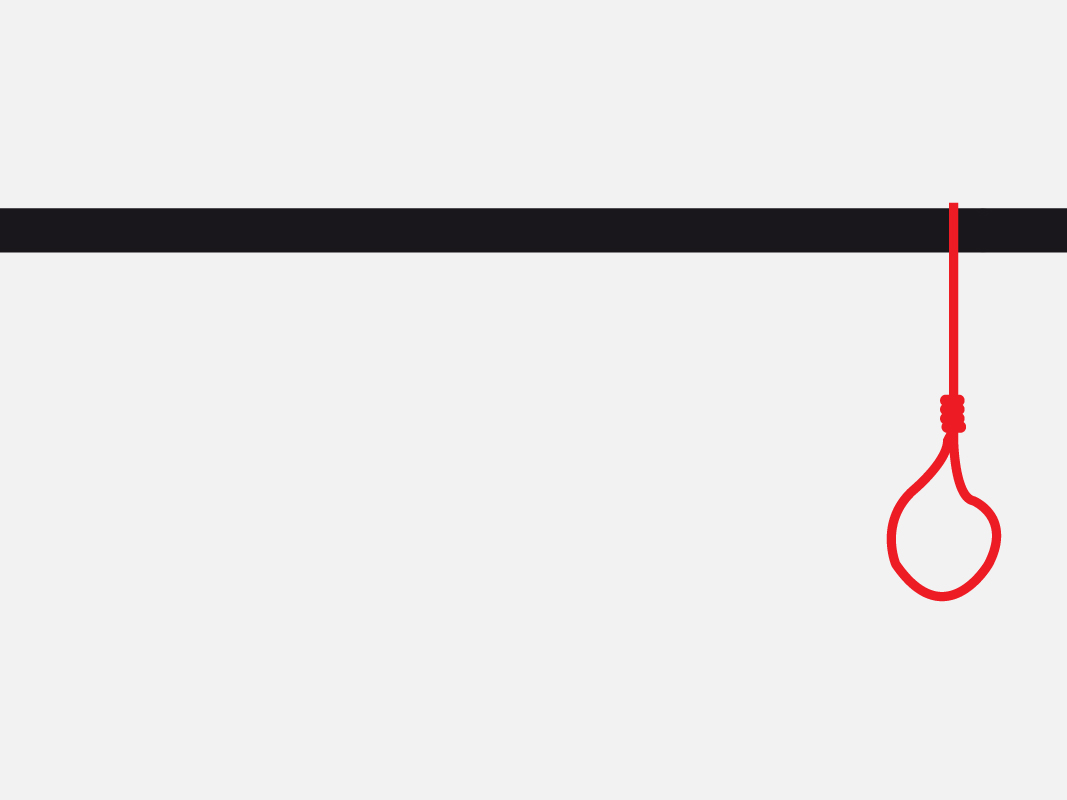
With an age-old record of convicting people over fabricated charges, it is simply embarrassing that the justice system of Pakistan has the audacity to hand out a sentence as severe as that of death. That the Lahore High Court ordered the immediate execution of a Haripur jail inmate in the coming week on charges of murder not only makes light of the informal moratorium on death penalties by the PML-N regime, but also conveys a sense of self-assuredness which hardly becomes a judicial apparatus warped in chronic politicisation, bias and corruption. It is quite alarming that convicts — specially those charged with non-lethal crimes such as blasphemy or drug trafficking — are being handed down black warrants by a police and court system which can neither guarantee the absolute veracity of charges nor claim complete transparency of trial.
The Human Rights Commission of Pakistan, in its statement of September 11, only echoes the alarm over the court’s haste in hanging the Haripur prisoner to death. Despite an informal moratorium which, incidentally, came through a quick, almost perfunctory announcement in the Lower House, prisoners across Pakistan continue to be condemned to death and several thousand on death row continue to languish in solitary confinement, suffering ghastly prison conditions, their lives at constant risk. Why, if at all, are death sentences being tossed around by the lower courts in the wake of an indefinite stay on capital punishment? For how long can an inmate languish in solitary confinement, anticipating his/her death? The crippling mental trauma that accompanies the anticipation of death probably exceeds the intended severity of punishment but alas, these sensitivities are alien to a system which has been completely ossified in the colonial era and remains resistant to reform.
Most of the death warrants are given by the lower courts and there is universal acceptance that this tier of the judiciary is plagued by endemic corruption and miscarriage of justice. Part of the problem, also, is the ‘informality’ of the moratorium. Steady legislation needs to be written into the books to firstly, completely do away with capital punishment and secondly, to fine-tune the justice system and bolster its credibility.
Published in The Express Tribune, September 14th, 2014.
Like Opinion & Editorial on Facebook, follow @ETOpEd on Twitter to receive all updates on all our daily pieces.
COMMENTS (2)
Comments are moderated and generally will be posted if they are on-topic and not abusive.
For more information, please see our Comments FAQ















































Non-lethal crimes such as blasphemy or drug trafficking well said!!! Are these non-lethal crimes such ??
Wait till some one from the Ashrafiya is eligible.